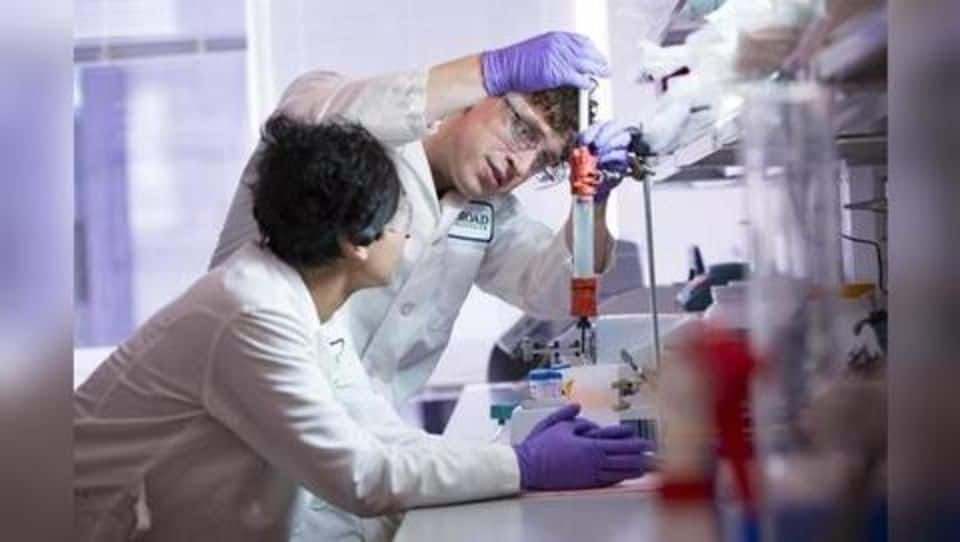
This AI algorithm scans eyes to predict heart diseases
What's the story
Scientists from Alphabet's health-tech subsidiary Verily have devised a way for artificial intelligence engine to assess a person's risk of heart disease just by looking at their eyes. The software scans and analyzes the back of a person's eye to deduce metrics like age, blood pressure, and whether someone smokes. This helps predict if they are at a risk of a heart disease.
Information
The rear wall of the eye can showcase cardiovascular health
The rear interior wall of the eye, called the fundus, consists of numerable blood vessels that can actually reflect a person's overall health. If studied closely for tell-tale factors, someone's cardiovascular health can be predicted through the eyes to a great extent.
Procedure
The AI was provided with eye scans of 300,000 patients
As is with all AI algorithms, the scientists first used machine learning to study a sample size. They analyzed the eye scans and general medical data of 300,000 patients. They then used neural networks to mine this information for patterns. This way, the deep learning analysis started associating particular eye scans with corresponding metrics like age and blood pressure to predict cardiovascular risks.
Method
The AI software showed an accuracy of 70%
To test the algorithm, the AI engine was repeatedly presented with retinal images of two patients, one with the history of a cardiovascular disease and one without. The software was 70% accurate in discovering which was which. Notably, the commonly used SCORE method of predicting cardiovascular risk by doctors, which requires patients to give a blood test, has an accuracy rate of 72%.
Quote
This can aid doctors in quick diagnosis and treatment
Praising Verily's efforts, medical researcher Luke Oakden-Rayner said, "They're taking data that's been captured for one clinical reason and getting more out of it than we currently do. Rather than replacing doctors, it's trying to extend what we can actually do."